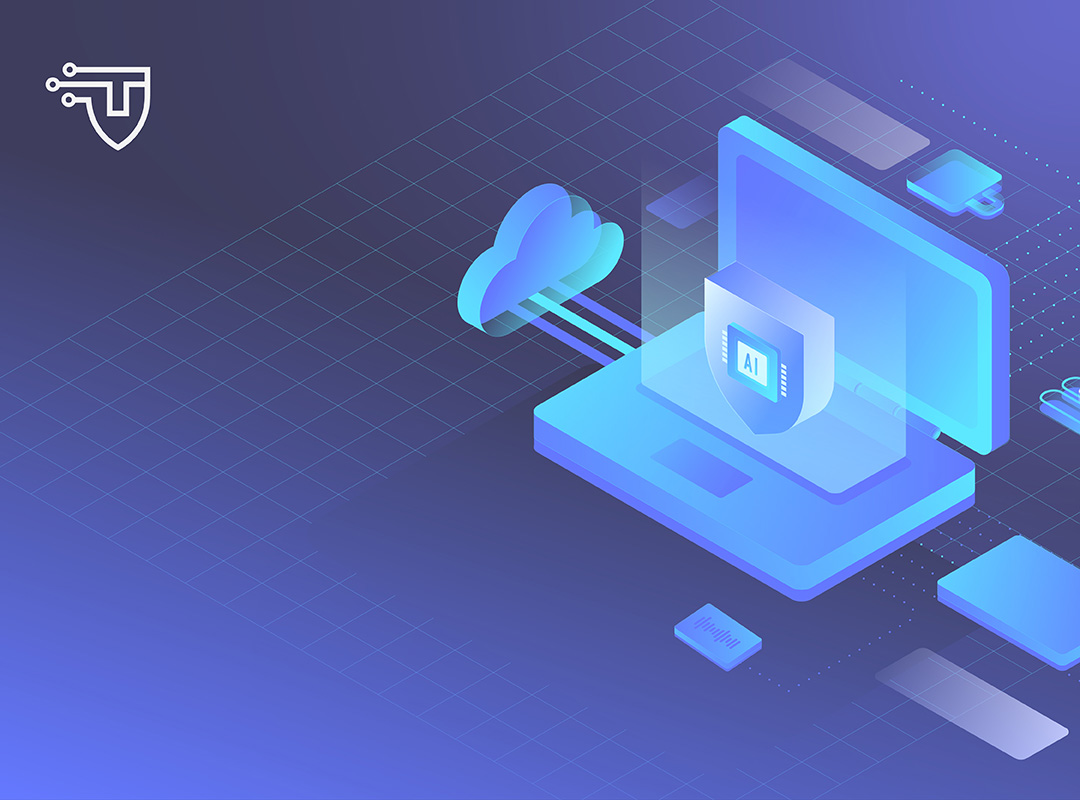Cybersecurity Tech Accord Principle #3: Capacity Building
The third Cybersecurity Tech Accord principle says that “we will help empower users, customers and developers to strengthen cybersecurity protection” which means ensuring the benefits of AI cybersecurity are shared. Industry plays a crucial role in advancing AI for cybersecurity, possessing the resources and expertise to develop top-tier AI solutions. It also holds the responsibility to share knowledge with underserved communities and foster a diverse AI cybersecurity powered network of resources. By building AI cybersecurity capacity, industry boosts innovation while contributing to global digital security. One way the industry can build AI cybersecurity capacity is by financially and technically supporting AI cyber defense projects, especially in developing regions. Grants, awards, scholarships, and mentorship programs can encourage more people to enter this field. Collaborative platforms and coalitions like the Cybersecurity Tech Accord and the Global Forum on Cyber Expertise can also facilitate knowledge exchange. Industry can also raise awareness and educate the public and policymakers about AI cybersecurity, promoting responsible AI practices. Developing educational materials and engaging in dialogue with various stakeholders can address potential risks and ensure AI’s alignment with societal values.
Below are some examples of current capacity building programs for AI cybersecurity:
Grant Programs:
- Meta’s Llama 3.1 Impact Grants – Supports organizations as they pursue their ideas for how Meta’s Llama 3.1 can be used to address social challenges in their communities.
Accelerator Funds:
- The Security AI Accelerator – Is a program by Microsoft and venture capital firm SOSV to support early-stage startups that are building innovative security AI solutions. It provides funding, mentoring, technical support, and business development opportunities for chosen startups, in addition to access to Microsoft’s security specialists, customers, and partners.
- Cisco LaunchPad – Is a B2B Corporate Accelerator program developed by Cisco that propels deep-tech startups working in disruptive technologies, consisting of mentorship programs to guide startups on product and technology, tech-integration by leveraging Cisco technologies, investor connects bringing together the start-up and Angel investor and Venture Capital communities to tap new opportunities, and ecosystem enabling events. Some of the program’s key focus areas include Networking and Infrastructure, Security, IoT, AI & Machine learning, and Image Processing.
Toolkits:
- Artificial Intelligence Toolkit – Is an AI Toolkit developed by INTERPOL in partnership with the United Nations Interregional Crime and Justice Research Institute (UNICRI) to guide the development, procurement and use of responsible AI in law enforcement, helping law enforcement agencies navigate the complexities of institutionalizing responsible AI. The toolkit consists of seven individual resources and a comprehensive user guide, and aims to set a base framework for all INTERPOL future AI-related activities. The planned implementation phase of the toolkit consists of awareness raising, training and selected cooperative AI-related projects with member countries
Trainings:
- SafePC Solutions Training Platform – SafePC Solutions in partnership with Praxis AI built a Cybersecurity Awareness Training Platform on Generative AI to develop a Cybersecurity Awareness Training Badge
- CyberPeace Institute AI Training – The CyberPeace Institute provides comprehensive capacity building focused on the intersection of AI and cybersecurity for public interest organisations and foundation boards, management, and staff, in order to protect the most vulnerable in cyberspace. This training program empowers organisations with the tools they need to enhance and safeguard their missions.
Read how our Principles apply to AI in cyber:
Introduction to Cybersecurity Tech Accord in the Age of AI: A new series exploring challenges and opportunities for industry
Cybersecurity Tech Accord Principle #1: Strong Defense: Tilting the advantage towards cyber defenders
Cybersecurity Tech Accord Principle #2: No Offense Responsible Use vs. Threat Actor Abuse
Cybersecurity Tech Accord Principle #4: Collective Action A Multistakeholder Approach

